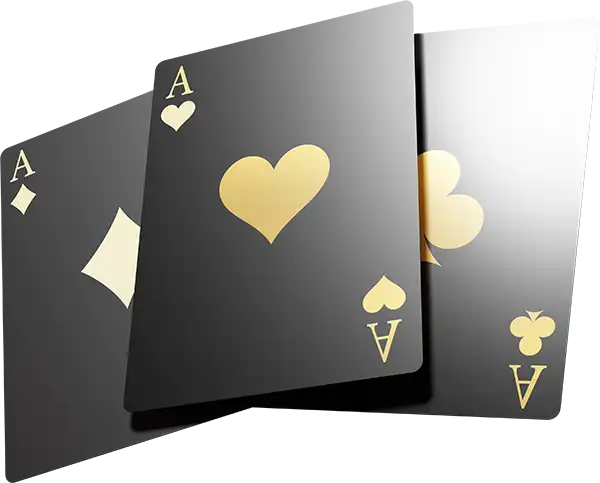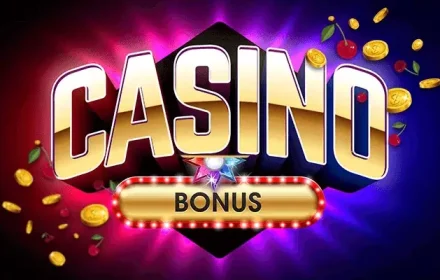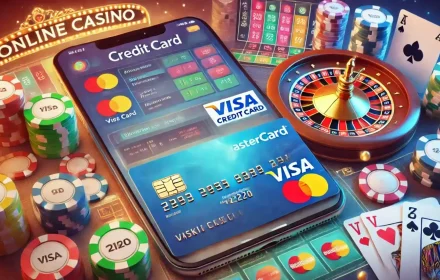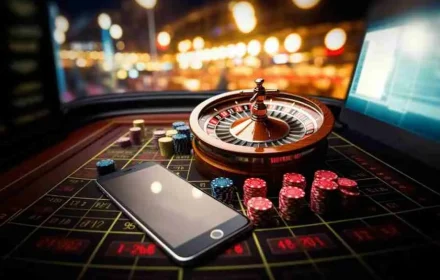
Immerse yourself in the exciting world of online blackjack with our engaging and informative reviews! Learn about all the best gaming platforms, advanced strategies and tempting bonuses that will help you maximise your chances of success and increase your odds of coming out a winner. Discover the secrets that will allow you to become a true blackjack master in a virtual casino!
Read moreBlackjack is one of the most popular card games in the casino world, winning the hearts of players with its simplicity and deep strategic possibilities. Online blackjack allows you to experience the atmosphere of a real casino from the comfort of your own home and still have a chance to win real money.
View statistics

The question of “how to choose an online casino on Android” is now as acute as choosing a chipset model for a mobile GPU: parameters change rapidly, and quality requirements are increasing. Android devices demonstrate a huge range of characteristics, so a competent approach saves time, budget, and eliminates risks. The right platform selection strategy …

Gambling platforms have long ceased to be just a place for bets – the industry operates on the principles of loyalty, personalization, and effective motivation. Daily bonuses in online casinos form the basis of interaction with the player, turning a regular game into a reward system with a real economy. Types of daily bonuses in …

The Skrill wallet has long ceased to be exotic in the world of payment systems. Since 2001, this financial instrument created by Paysafe Group has simplified transactions in online gambling, providing instant deposits, fast refunds, and a high level of confidentiality. Skrill is a user-friendly electronic wallet with instant money transfers between banks, platforms, and …

How to speed up withdrawals at a casino is the main goal of every player who aims to manage their winnings in a disciplined manner and minimize waiting time. Financial speed in online routines resembles Amazon logistics: a small delay changes the mood and decision to continue playing. The strategy to increase payout speed is …

The world of online casino tournaments today resembles arenas with instant emotions, real chances, and unpredictable outcomes. Each event turns the game into a competition: not just spinning reels, but a battle for points, rankings, and tangible prizes. Formats range from simple slot races to weekly marathons where every millisecond counts. To understand as a …

The modern world of online gambling is saturated with offers, making the choice a crucial stage for any player. As the market is constantly changing and opening up new opportunities, the ability to determine how to choose a provider in an online casino becomes decisive. A content developer is responsible not only for the graphics …
In Blackjack, the goal is to score 21 points, or get close to that number without exceeding it. Players play against the dealer, not against each other.
Players place their bets before being dealt. Each card has a different value: numbers from 2 to 10 - respectively, the ace can be 1 or 11, and the jack, queen and king can be 10 points each.
It is important to know the basic strategy to minimise the casino's advantage. This includes deciding when to draw a card, stop or double down.
Blackjack offers some of the best chances of winning in a casino, especially when using the right strategy. However, the game requires concentration and knowledge of probabilities.
As a professional blackjack player, I can safely say that online gambling at this casino classic is a great way to have fun and improve your skills. I recommend it to all gambling enthusiasts!

★★★★★
Working as a croupier at an online casino is an exciting journey into the world of gambling and strategy. I am happy to share my blackjack experience and help players achieve success.

★★★★★
As an analyst, I appreciate the online blackjack games on this blog. They offer a fun experience and an opportunity to develop strategic thinking skills.

★★★★★